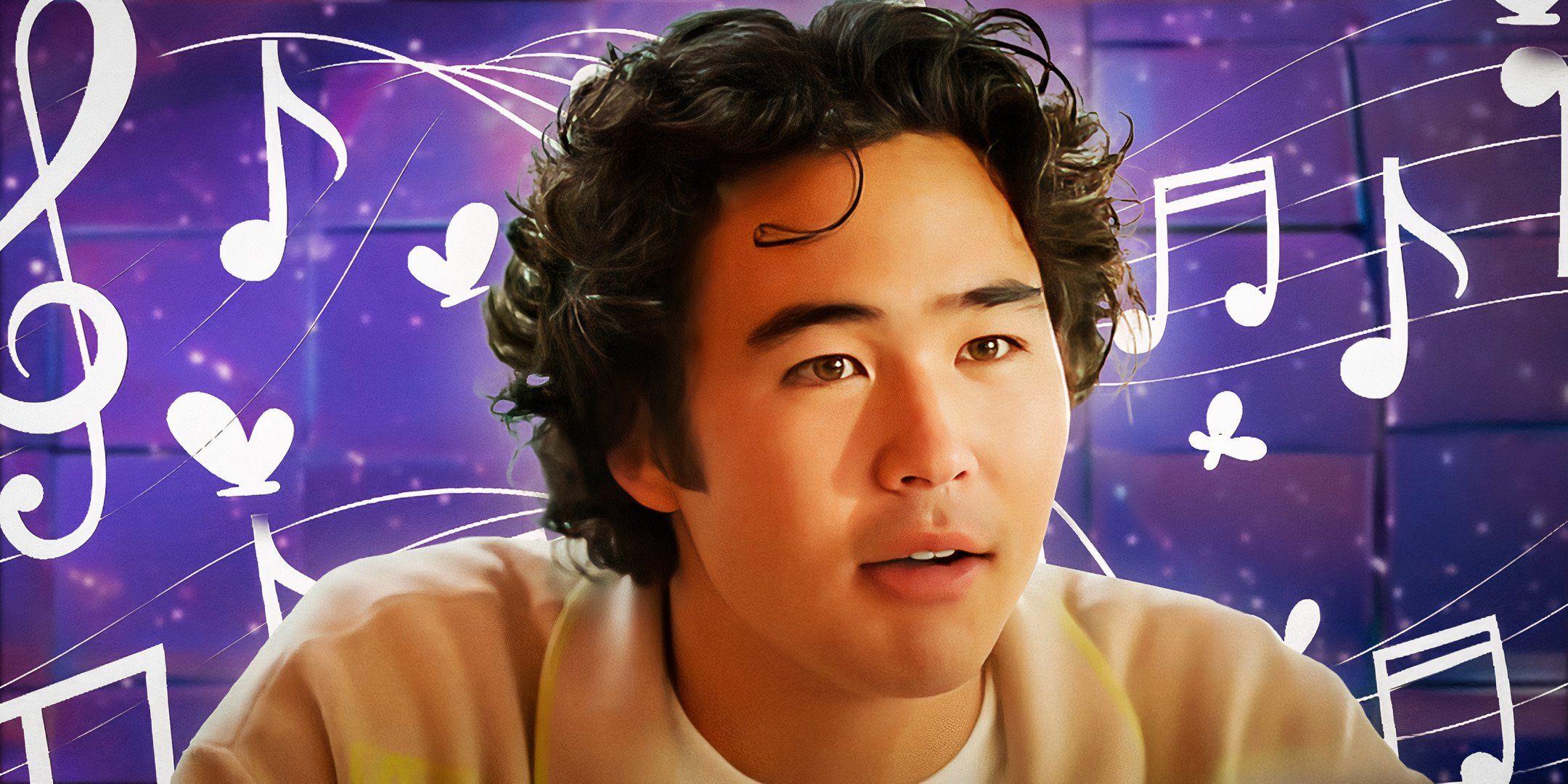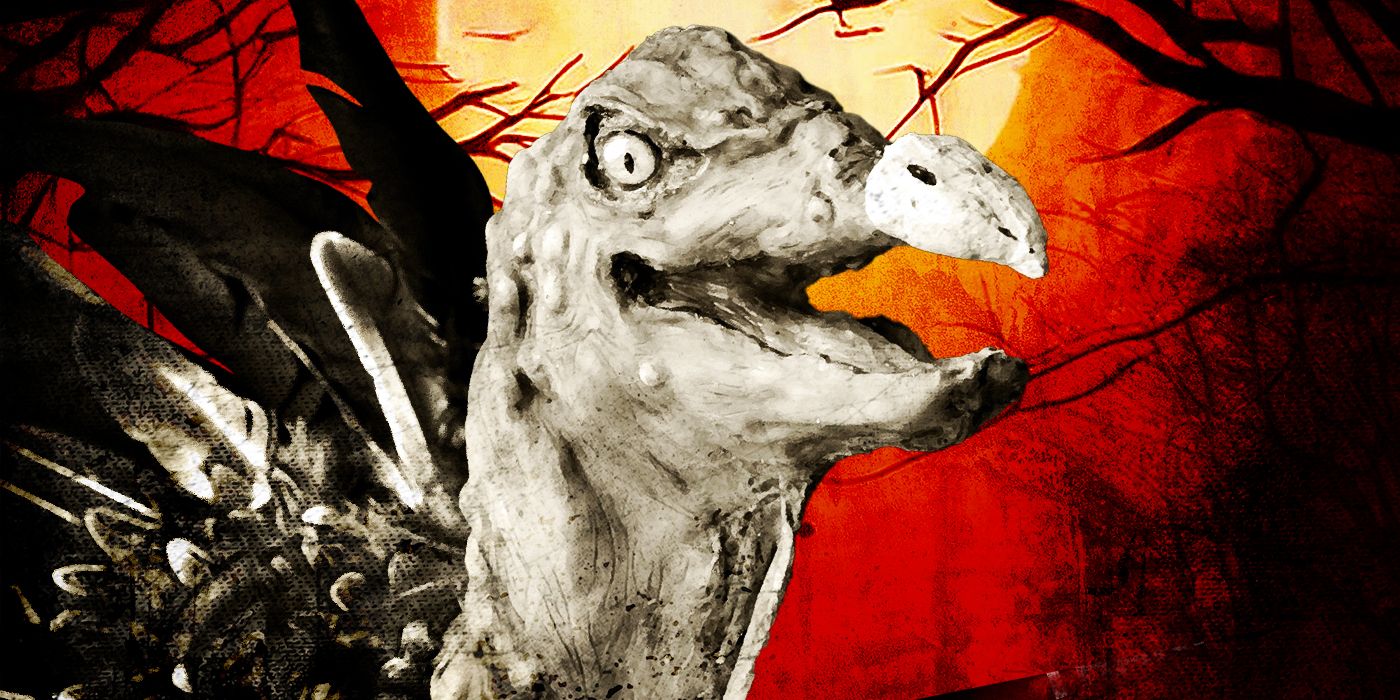
The voice that speaks for America belongs to one of the nihilists who threatens to castrate The Dude, the Jeff Bridges character in The Big Lebowski. After confronting the Dude who is taking a bath, the three nihilists inform him that if he doesn’t pay the money that they believe they’re owed, they “will come back and cut off your Johnson.”
“You think we are kidding,” one of the men adds, “We are nihilists. We believe in nothing.”
Donald Trump’s resounding victory over Kamala Harris is the triumph of nihilism. It confronts those who still honor liberal democracy, multiculturalism, pluralism, and a “nation of laws” with the grim possibility that many Americans believe in nothing.
Since journalists and historians still argue over Trump’s 2016 win, we’re in for decades of 2024 post-mortems. It is unlikely that any conclusive theory will emerge. Still, the Trumpian shift of two crucial constituencies is worth considering.
The first is those whom Jason Brennan, a philosopher and professor of public policy at Georgetown University, calls “hobbits.” Brennan writes, “Hobbits are those who did not bother to learn about politics and therefore vote in full ignorance.” According to multiple studies, most Americans cannot name the three branches of government, do not understand elementary facts of history, and can’t name more than one right in the U.S. Constitution. The hobbits are a large force.
Their electoral calculus, Brennan explains, amounts to nothing more than a feeling of satisfaction or dissatisfaction. If they like how things seem to be going, they vote for the party in power. If not, they vote for the challenger. There is little to no effort to understand why things are going a certain way, who is responsible, and who/what might reverse it.
Because of inflation, the Democrats lost the hobbits.
The other constituency is worth closer study. It is the nihilists. Like the gang of three that stared down The Dude in his bathtub, they now menace the millions of Americans who still value civic virtue, the enforcement of ethics in politics, and basic decency.
In his 1992 much-discussed book The End of History and the Last Man, political scientist Francis Fukuyama wrote that the danger facing liberal democracy, even after its post-Cold War ascendency, was that without a common enemy, liberal democracy would turn on itself. Its participants would come to view each other as enemies. The implosion would not be caused by ideology but by psychological motives.
In what could read as an analysis of the 2024 election result, Fukuyama warned:
Experience suggests that if men cannot struggle on behalf of a just cause because that just cause was victorious in an earlier generation, then they will struggle against the just cause. They will struggle for the sake of struggle. They will struggle, in other words, out of a certain boredom: for they cannot imagine living in a world without struggle. And if the greater part of the world in which they live is characterized by peaceful and prosperous liberal democracy, then they will struggle against that peace and prosperity, and against democracy.
Fukuyama sounds another alarm, “Modern thought raises no barriers to a future nihilistic war against liberal democracy on the part of those brought up in its bosom.”
There is a death wish prevalent in nihilist America. Many people have turned against their society out of boredom and alienation and appear to derive pleasure from imagining—and now inviting—its destruction. The institutions and norms that led to a society of unrivaled wealth, stability, and freedom are no longer animating forces to half of the electorate. After the Civil War, Walt Whitman expressed fear in his essay, “Democratic Vistas,” that “genuine belief” had left America. We now live with the exit.
It is because of the death wish that Trump’s lack of character, morality, and respect for our norms did not cost him the election. Millions of Americans either despise those pillars or don’t consider them real, just another phony, theatrical exercise inherent in the devious racket.
It is because of the death wish that Trump’s mockery of the country he will soon lead, calling it a “garbage can,” for example, did not elicit disapproval from the masses of voters who would have rejected Barack Obama or George W. Bush had he made a similar utterance.
Because of the death wish and the nihilism of the moment, Harris’s campaign of joy did not resonate. Joy does not describe the electorate’s prevailing mood. Instead, it is free-floating rage. They know little about “the system” but believe it is corrupt. They know little about politicians but feel they are all dishonest, incompetent, and self-serving. The unfocused rage makes them think everything is worsening, creating a vague nostalgia for a romanticized, non-existent past.
In this hothouse atmosphere, facts become unimportant. If the economy is great, it feels terrible. Most voters did not care that Kamala Harris had an excellent convention and Trump had a poor one. They did not care that Harris dismantled Trump in their sole debate, and he cowered out of the others. They did not care that Trump-appointed Republicans, from his vice president to his former chief of staff to two secretaries of defense, found him unfit for office. It did not register that his former White House Chief of Staff and Homeland Security Secretary, John Kelly, saw Trump as an autocrat, and his Chairman of the Joint Chiefs of Staff, Mark Milley, told Bob Woodward that the 45th and 47th president was “fascist to the core.” Attempting to subvert the will of the people and steal an election through the incitement of a violent mob was not a dealbreaker.
Because of the psychodynamics that Fukuyama describes, Harris’s policies regarding first-time home buyers, small business startups, the cost of prescription drugs, and eldercare for the “sandwich generation”—in an election supposedly about “economic anxiety”—failed to generate enthusiasm or even interest. After all, if the system is corrupt, it is better to place your hopes in a criminal than someone who acts as if everything is legit.
To be fair, nihilism is not only prevalent among Trump supporters but also pockets of the left. It is visible among the anti-Israel protestors who chant praise for Hamas and graffiti college campuses with Hamas insignia. Regardless of how one feels about the war in Gaza, support for a medieval, fundamentalist terrorist organization is not consistent with belief in liberal democracy and is not likely to raise Palestinian incomes or deliver them a state of their own. The victory of Trump will only make the cynical left even more cynical. Extremism begets extremism.
It is worth noting that the chief objective of Russian propaganda and its corruption of American media influencers is to undermine faith and trust in American institutions among the public. The nihilist constituency is, unwittingly, cooperative with the Kremlin.
The good news is that it could all change. The Trump agenda is disastrous and likely to create chaos, dysfunction, and widespread suffering. The hobbits will turn on him.
If Trump initiates a mass deportation and internment camp operation, as he and his close advisors have promised, it will result in pain, economic decline, higher prices, and a national wreck. The same would be true of crushing tariffs. When the inevitable protests fill the streets, will Trump invoke the Insurrection Act, as he has also promised, to meet marchers with brute force? This is all uncharted territory.
But hope that Trump will blow it is not a strategy. And diagnosing the electorate by its various subgroups—Latino men, single cat ladies, non-college whites, and so on—might be a fool’s errand because Trump gained ground across the board. What ails us is national and not provincial. The earthshaking events of the 21st century, from 9/11 to the Iraq War, the Financial Crisis, and the pandemic, proved America an extraordinarily resilient society. Still, it’s also left it reflexively suspicious, bitter, and distrustful of expertise or norms. Why else would a crackpot like Robert F. Kennedy Jr. be in line to control health care in America? Why else would a felon be sworn in come January?
In 2022, a decade after his celebrated book, Fukuyama told an interviewer when discussing liberal democracy, “A lot of the resentments and anger in the United States is a product of people losing sight of what the absence of liberalism would really mean.”
The voters have spoken. We are about to have an educational experience.
The post How Francis Fukuyama and “The Big Lebowski” Explain Trump’s Victory appeared first on Washington Monthly.


 2 months ago
6
2 months ago
6 









 Bengali (Bangladesh) ·
Bengali (Bangladesh) ·  English (United States) ·
English (United States) ·